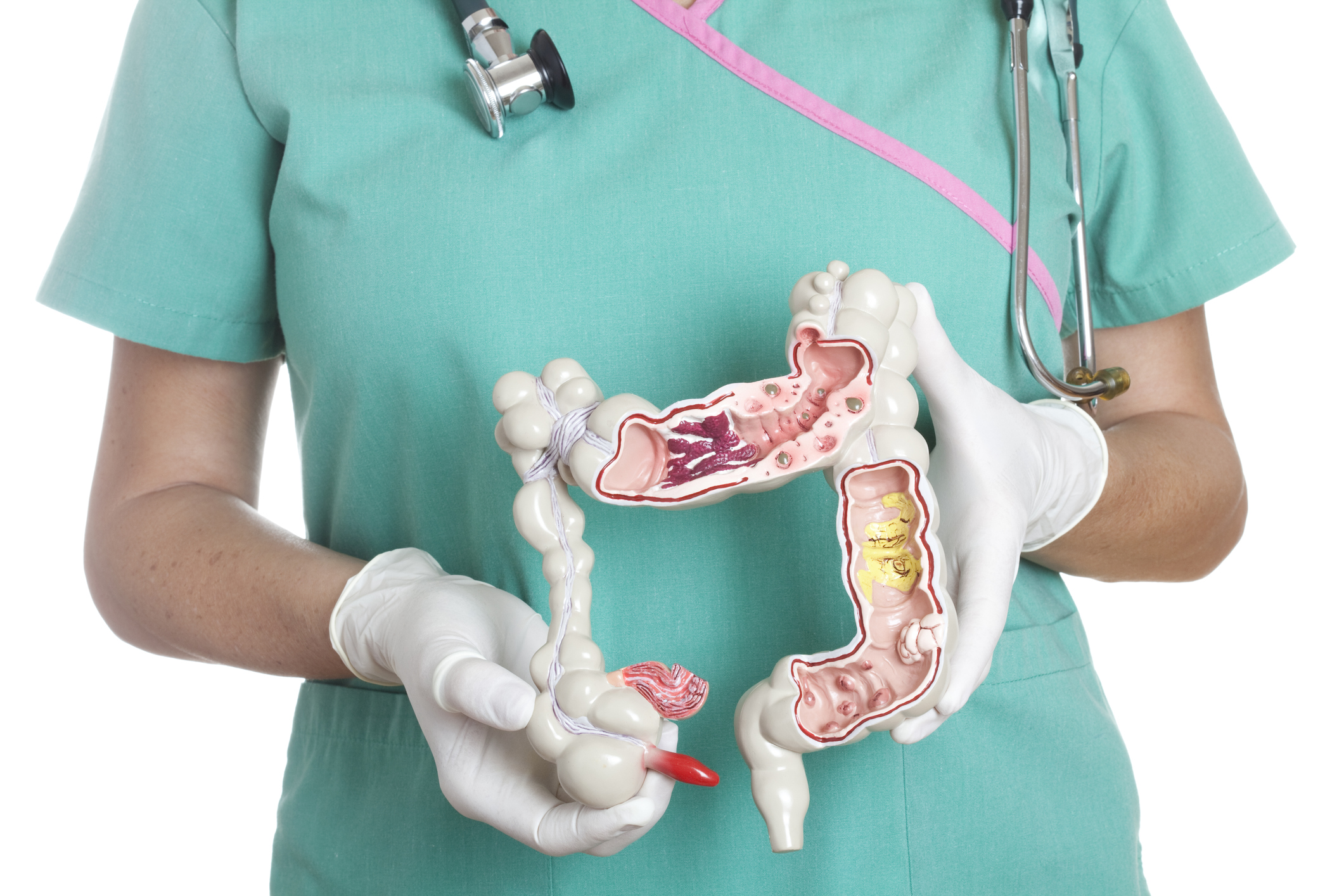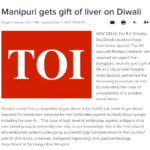
Intestinal Transplant for Intestinal Failure
Intestinal transplantation has evolved in the past few years from an experimental procedure to what is currently considered the long-term option for patients with intestinal failure. The number of intestinal transplant has increased sharply in few years. Unfortunately mismatch between supply and demand has led to increased waiting time for potential recipients.
Short gut syndrome and functional bowel problems are the main sources of intestinal failure leading to the intestinal transplantation. The problem is characterized by the inability to maintain protein energy, fluid, electrolyte or micronutrient balance due o GI disease when on normal diet. Intestinal failure ultimately leads to malnutrition and even death if the patience does not receive parental nutrition or become a recipient of an intestinal transplant. The leading cause of intestinal failure is short bowel syndrome caused by surgical removal.
The causes of intestinal failure differ between adult and pediatric population. The following are the causes:
- Crohn disease
- Superior mesenteric artery thrombosis
- Superior mesenteric vein thrombosis
- Trauma
- Desmoid tumor
- Volvulus
- Pseudo-obstruction
- Massive resection secondary to tumor
- Radiation enteritis
When in a person small intestine has to be removed or stops working, nutrients must be put directly into the blood stream (intravenous) in liquid form. These nutrients are called “total parenteral nutrition” or TPN. When a person has intestinal failure they will always need TRN, because the digestive tract will not get better over time.
Giving nutrition to a person through their veins (TPN) can cause serious problem in the long run. If person cannot take TPN and cannot digest food they will starve. Some problems that patients face with TPN are:
- Almost half the people treated for long time with TPN gets problem with their liver. For someone this liver problem becomes severe and can even cause them to die.
- TPN has to be given in a large vein. TPN can damage these large veins and there are only 6 veins large enough for this purpose. If all are damaged then there is no way to feed the patients, so when the 3 large vein becomes damaged, doctors starts considering the intestinal transplant.
- Putting TPN in large vein can cause serious infections. If this happens a lot , it may be time for an intestinal transplant.
During surgery the part of original intestine that does not work is removed. The surgeon usually attaches one end of the raft to the end of original intestine.








